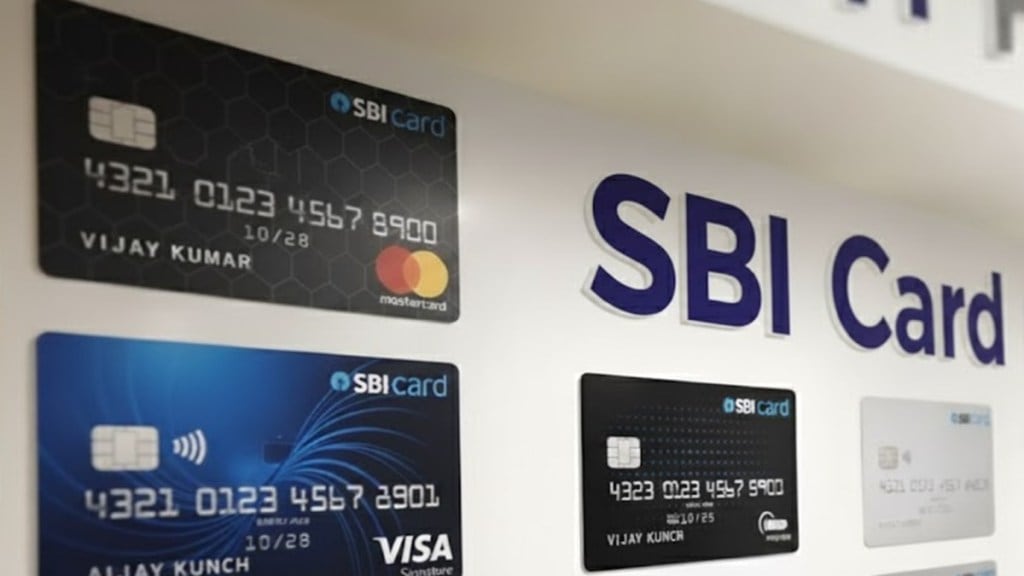If you use an SBI credit card, this is important news for you. SBI Card has announced revisions in several of its service charges and fee structures, effective November 1, 2025. The new charges will apply to certain transactions such as education payments, wallet loads and card replacements.
Fee on education payments
Now, if you pay school or college fees through third-party apps, you will incur a 1% charge on the transaction amount.
However, SBI Card has clarified that if the payment is made on the school, college, or university’s website or through a POS machine, there will be no charges.
Wallet load charges
If you load more than Rs 1,000 into your wallet, a 1% fee will apply. This fee applies to select merchant codes.
Other charges that already apply
SBI Card has continued some of its old charges — these include cash payment, check payment, card replacement and late payment fees.
Cash Payment Fee: Rs 250
Payment Dishonor Fee: 2% of the payment amount (minimum Rs 500)
Cheque Payment Fee: Rs 200
Cash Advance Fee: 2.5% of the transaction (minimum Rs 500)
Card Replacement Fee: Rs 100 to Rs 250 (Rs 1,500 for Aurum cards)
Emergency Card Replacement Abroad: $175 for Visa cards and $148 for Mastercard
Late payment charges
If you don’t pay the Minimum Amount Due (MAD) on time, the late fees charged by SBI Card are as follows:
Rs 0 – Rs 500: No charge
Rs 500 – Rs 1,000: Rs 400
Rs 1,000 – Rs 10,000: Rs 750
Rs 10,000 – Rs 25,000: Rs 950
Rs 25,000 – Rs 50,000: Rs 1,100
Above Rs 50,000: Rs 1,300
Furthermore, if you fail to pay the MAD for two consecutive billing cycles, an additional late payment charge of Rs 100 will be levied.
Why it’s important to know
SBI Card says these changes will increase transparency and provide card users with better information about which transactions will attract what charges.
However, users need to use their cards judiciously and make timely payments to avoid incurring unwanted charges or interest.
Summing up…
Starting November 1, 2025, SBI Card users will be required to pay additional fees on certain transactions—specifically, education payments and wallet loads above Rs 1,000. Additionally, old service charges will remain applicable. Therefore, be sure to check your card’s fee details before making your next payment.


